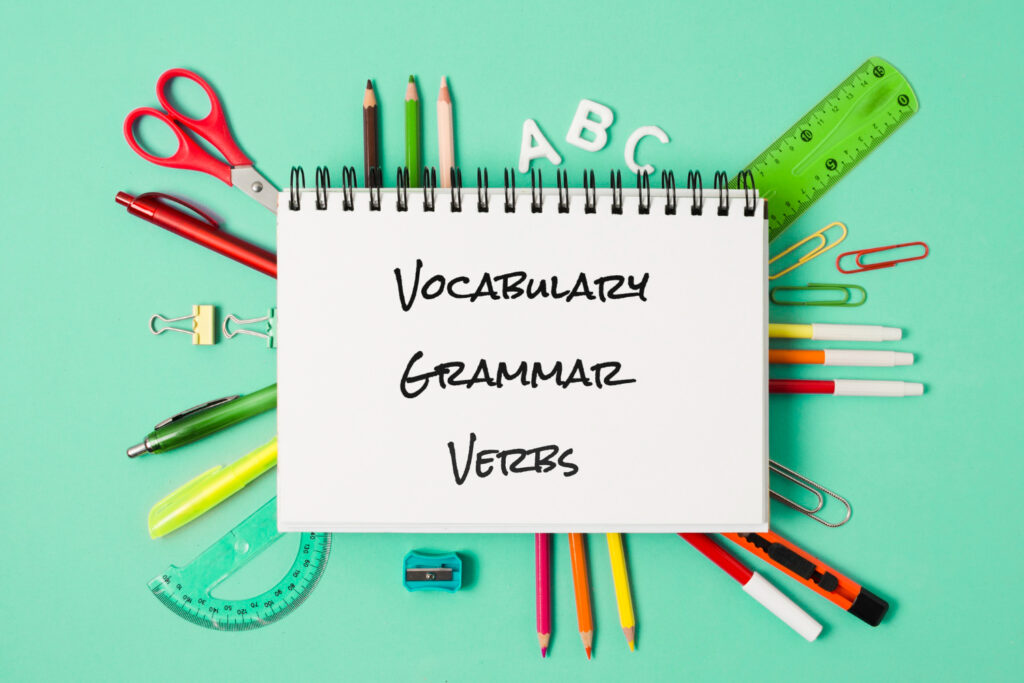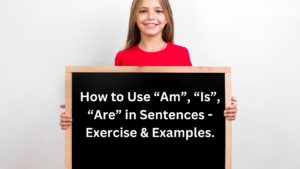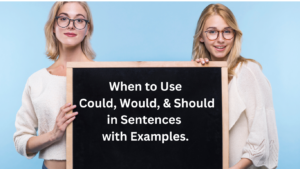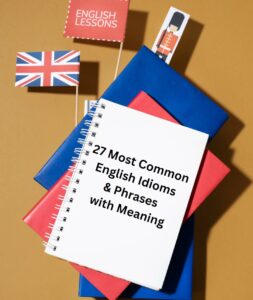Introduction To Verb:

Verb is one of the parts of speech which describes an action, state of being and occurrence. This part of speech is one of the most widely used parts of speech that can be found in most of the sentences of the English language.
For example: He plays cricket really well. Here the wordplay is a verb.
He feels good working in this particular organization. Feel and working are the verbs in this sentence.
He is a good boy. Here is has been used as a helping verb.

Types of Verb:
There are different types of verbs in English grammar and those types of verbs are meant to be learned properly. There are action verbs and helping verbs along with transitive verbs and intransitive verbs. You can find the main types of verbs below which are often used in English grammar and you can learn them one by one by going through them along with the definitions and examples. If you want to implement their usage in your speaking, you should download the AceFluency App where you get 20 minutes of FREE calling talk time daily to practice English with co-learners.
Also Check: What are Nouns? Types, Examples, and Definitions of Nouns
1. Action/Main Verb
An action verb is a verb that talks about those actions which are related to physical actions and mental actions. An action verb denoting physical actions is also called a main verb.
For example: He runs very fast in the park every morning.
He thinks about his subject deeply because he wants to do well in the exam.
He goes to school everyday by walk.
2. Helping Verb
It is a word which is also known as an auxiliary verb and it has the function of assisting the main verb in a particular sentence.
For example: He is going to complete his work tomorrow.
She has done tremendously well in this year’s examination.
You all are going to your village because this is summer vacation going on.
3. Modal Verb
It is a verb which describes permission, possibility, and necessity. Let’s look at the examples to understand in a better way:
He can not do this work without taking other’s help.
You should respect everyone in the society.
They could not complete their tasks on time.
They would have thought about bringing new ideas for better performance.
Also Check: What are Parts of Speech? Examples and Types of Parts of Speech
4. Transitive Verb
It is a kind of verb which always has the requirement of a direct object to complete the meaning of the sentence.
For example: She writes a letter everyday.
He’s reading a new story today.
He drinks water on a regular basis to keep his health well.
5. Intransitive Verb
It is a kind of verb which does not have any requirement of a direct object to complete the meaning of the sentence because an intransitive verb stands alone in terms of expressing the state of being or action.
For example: They sleep very early in the night time.
Why do they laugh every time?
Why do they go there every week?
6. Regular Verb
It is a kind of verb which follows the regular pattern in the second form and the third form which can also be called the past form and the past participle form and both of them end with d or ed.
For example: She played badminton in the park.
He laughed very loudly in the auditorium.
7. Irregular Verb
It is a kind of verb which does not follow the regular pattern of the second form and the third form which can also be called as past form and the past participle form. Such verbs end in forms other than d or ed.
For example: They broke the chair yesterday.
He spoke the truth.
I have written a letter.
8. Phrasal Verb
It’s a two-word verb which consists of a verb and an adverb or a particle giving an idiomatic meaning in the sentence. For example, pull over. It basically means to come to a stop. For example, the driver of the vehicle was asked by police to pull over and he did the same.
Let’s look at some other examples of phrasal verbs:
Look for which means to try to find something
For example, he wanted to go to the market to look for his favorite pair of shirts.
Look up to: To admire
For example, that teacher teaches very well and that’s why most of the students in school look up to him.
Learning phrasal verbs can definitely give a great boost in English and students should try to learn as many phrasal verbs as possible as they will increase the level of English.
Also Check: 51 Daily Used Common English-Speaking Sentences for Beginners
Why is a verb important and how can it be learned properly?
Verb plays a crucial role in forming any type of sentence in English. Most of the sentences that are used in English can be found formed with verbs and therefore, students are required to learn as many verbs as possible. Verbs denote different types of actions and many verbs also come with expressions and they are in phrasal forms as well.
Students can learn verbs by understanding past forms along with past participle forms of the verbs. There are some daily used verbs which have to be learnt properly which can be used in daily conversations.
In the same way, students should also start focusing on learning those verbs which can be used in offices and at work. As vocabulary has different varieties, verbs also have different usages as per the situations and different fields.
The legal field has got different vocabulary and verbs also differ accordingly whereas the medical field has a different glossary and verbs differ accordingly. You as students can learn verbs and their different forms as per your field but the general verbs should always be learnt which can help in general conversation and writing tasks.

Conclusion:
Verbs are vital in the English language therefore; students should focus on learning as many verbs and their forms as possible because they really enhance the vocabulary of students and they will also help in improving English in a better way.
Verbs are also considered to be the backbone of the sentences because sentences remain incomplete without them whether verbs are used in the form of a main verb or a helping verb. You can learn and practice different types of verbs given above on a daily basis and you’ll be able to see a clear improvement in your English over time. Don’t forget to practice verbs in your speaking. Practice speaking English every day for FREE on the AceFluency App because you get 20 minutes of FREE calling talk time to connect with co-learners.











